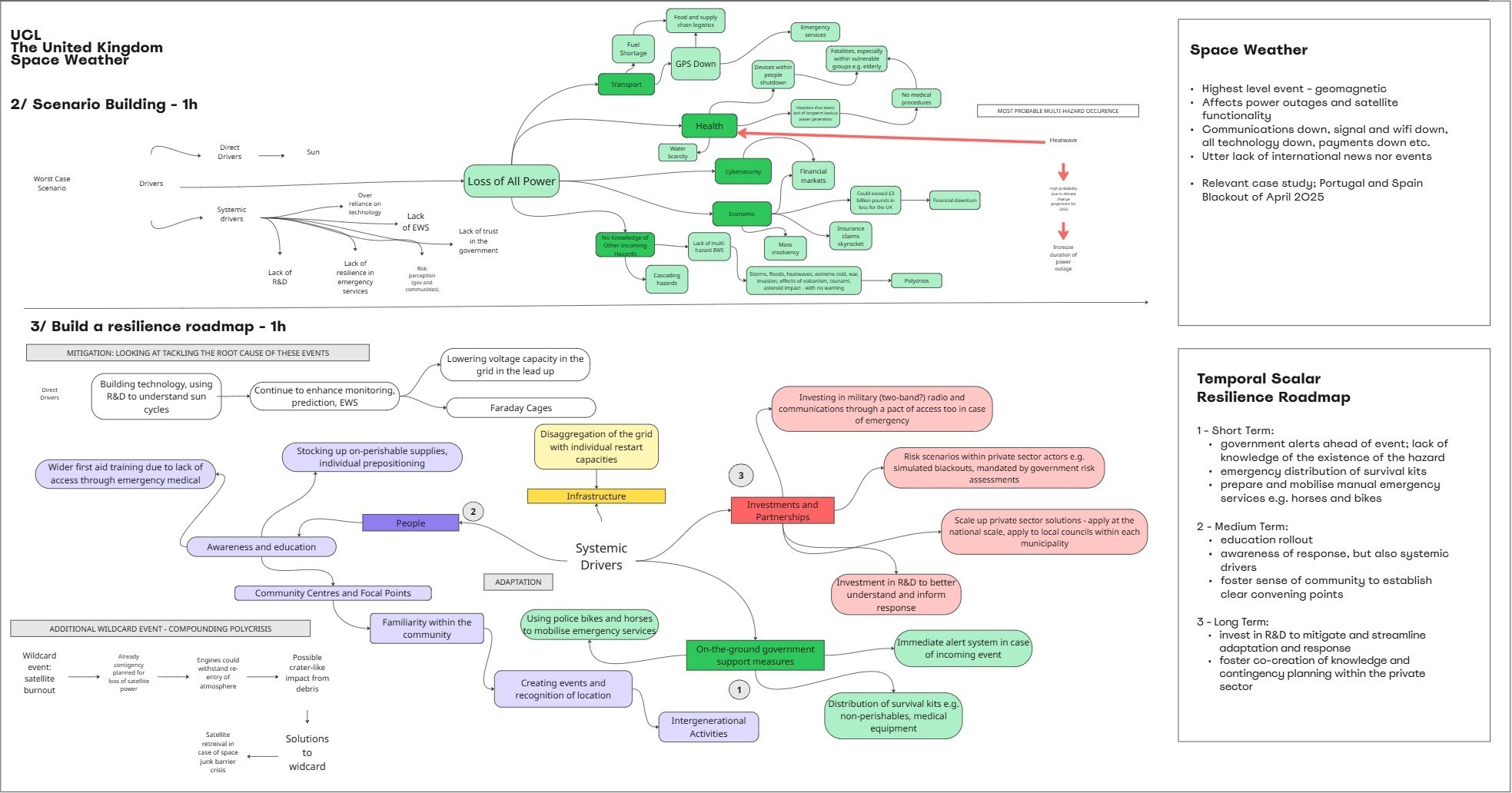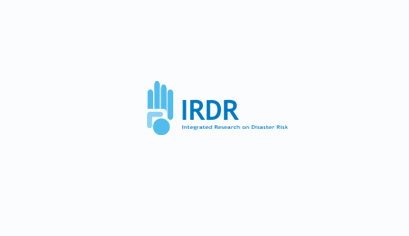In an era defined by escalating climate threats and complex systemic risks, the voices of young scientists are reshaping disaster risk reduction (DRR) frameworks worldwide. The University College London (UCL) Disaster Risk Reduction and Humanitarianism (DRRH) Society exemplifies this shift, delivering groundbreaking foresight work at the 2025 Global Platform for Disaster Risk Reduction. Their participation in the UNDRR Foresight Sprint—focused on resilient investment for 2050—showcases how academia can drive actionable strategies to avert future catastrophes.
Reimagining Disaster Scenarios Through Foresight
In June 2025, the UNDRR convened five global universities to analyze "wildcard hazards": low-probability, high-impact events with transformative societal consequences. UCL DRRH Society identified extreme space weather triggering a nationwide blackout as the UK’s critical emerging threat. This scenario, selected as the workshop’s unifying case study, pushed teams to dissect root causes, systemic vulnerabilities, and cross-sectoral resilience gaps.
Their outputs—a one-page policy brief and 90-second video—distill complex foresight into tools for policymakers. In their work, they identified pivotal actions that led to the lack of adequate preparation and the consequences of the 2050 event and discussed three decisive actions (short-term, medium-term and long-term) that can be taken to prevent the 2050 reality. The work was showcased at the Global Platform for Disaster Risk Reduction. Crucially, these resources will be formally submitted to the UK Government to catalyze university-state collaboration in resilience building.

Fig. One-page overview of their work
Summary video - Foresight Workshop
Background to the UNDRR Foresight Sprint Workshop
The Minds Behind the Mission
UCL DRRH’s impact stems from its fusion of academic rigor and real-world expertise. Two members epitomize this approach:
MakeLa Jean
Member, Disaster Risk Reduction and Humanitarianism (DRRH) Society, University College London (UCL)
Makela Jean is a dedicated Graduate student studying MSc Risk, Disaster and Resilience at UCL. Makela is passionate about developing effective early warning systems, generating risk knowledge, enhancing risk communication and emergency management. Her interests also include investigating the relationship between disasters, inequality and vulnerability, and strengthening synergies between early action at the local and national levels.
With a strong ambition for bridging the social, physical, and technological dimensions of disaster risk reduction, Makela served as a youth delegate for the Government of Saint Lucia at the United Nations Climate Change Conference (COP28). She further honed her skills through an internship with the United Nations Office for Disaster Risk Reduction (UNDRR). Currently, she is undertaking her research project in harnessing geospatial technology to create multi-hazard risk maps in Small Island Developing States and investigating the factors that influence the effectiveness of this technology. Outside of her academic pursuits, Makela enjoys reading, singing, dancing, and binge-watching a good TV show.
Makela welcomes any further communication via LinkedIn (linkedin.com/in/makela-jean) or through email (makela.jean.24@ucl.ac.uk).
Iman Chaudhry
2024-2025 President, Disaster Risk Reduction and Humanitarianism (DRRH) Society, University College London (UCL)
Iman Chaudhry has recently completed her undergraduate degree studying BSc Global Humanitarian Studies at UCL. As the 2024-25 President of UCL’s Disaster Risk Reduction and Humanitarianism (DRRH) Society, she has led with a strong commitment to amplifying youth voices in DRR, encouraging fresh perspectives in traditionally expert-driven spaces.
Passionate about risk and resilience, Iman worked with the United Nations Office for Disaster Risk Reduction (UNDRR) to develop a Resilience Maturity Assessment tool in partnership with the Corporate Chief Resilience Officers (CCRO) Network, supporting businesses in strengthening their resilience strategies. Iman previously contributed to projects with Holcim, exploring the intersection of security, resilience and corporate-community relations.
Iman is currently an intern at Needhams1834, where she is gaining hands-on experience in business continuity and crisis management consulting. She plans to continue her academic journey this autumn by pursuing an MRes in Risk and Disaster Reduction at UCL, aiming to bridge research and practice in risk and resilience.
Iman welcomes further communication via LinkedIn (www.linkedin.com/in/imanchaudhry1) or by email at iman.chaudhry.22@ucl.ac.uk.



